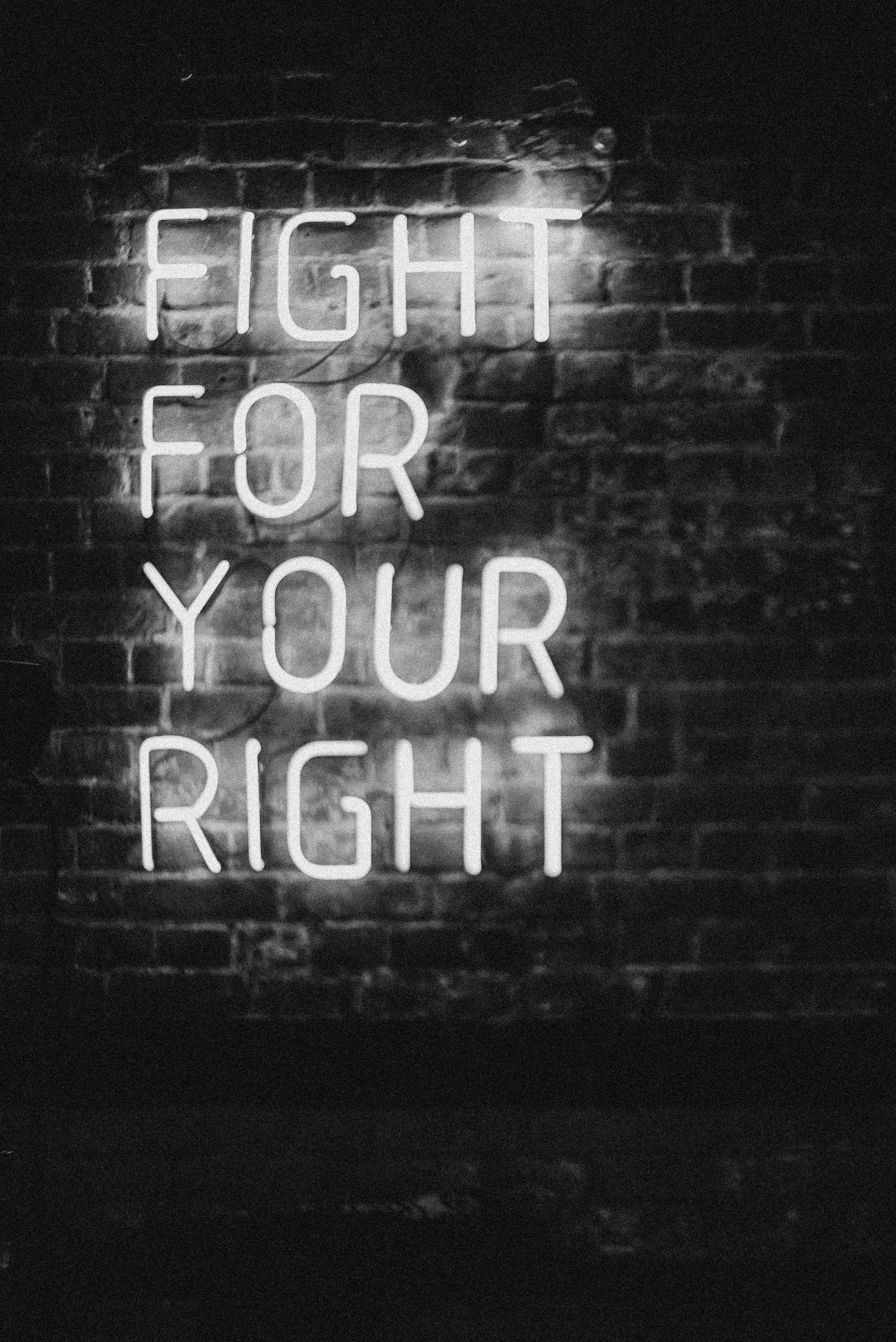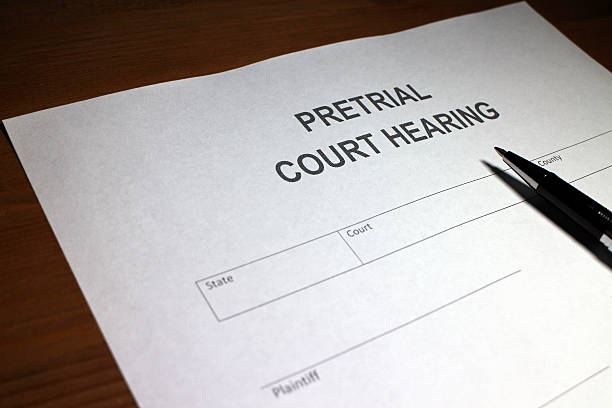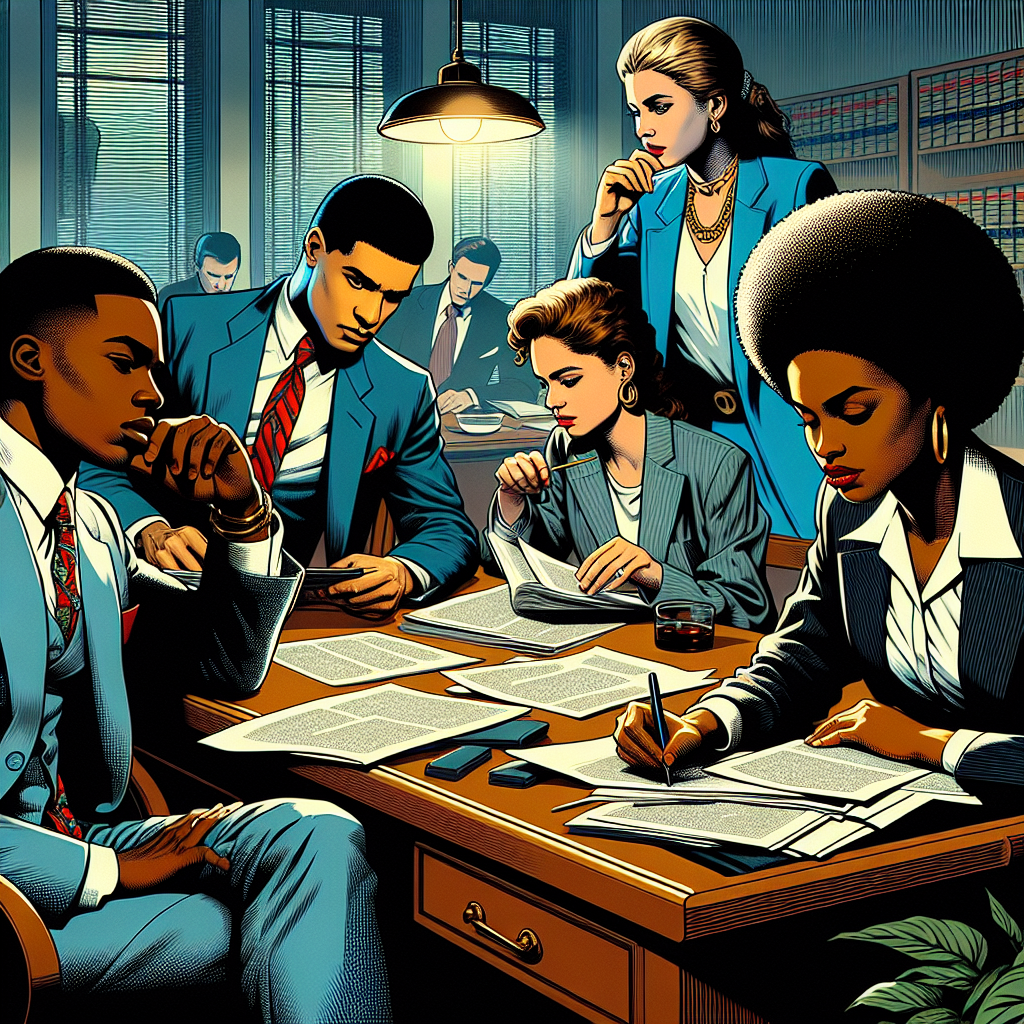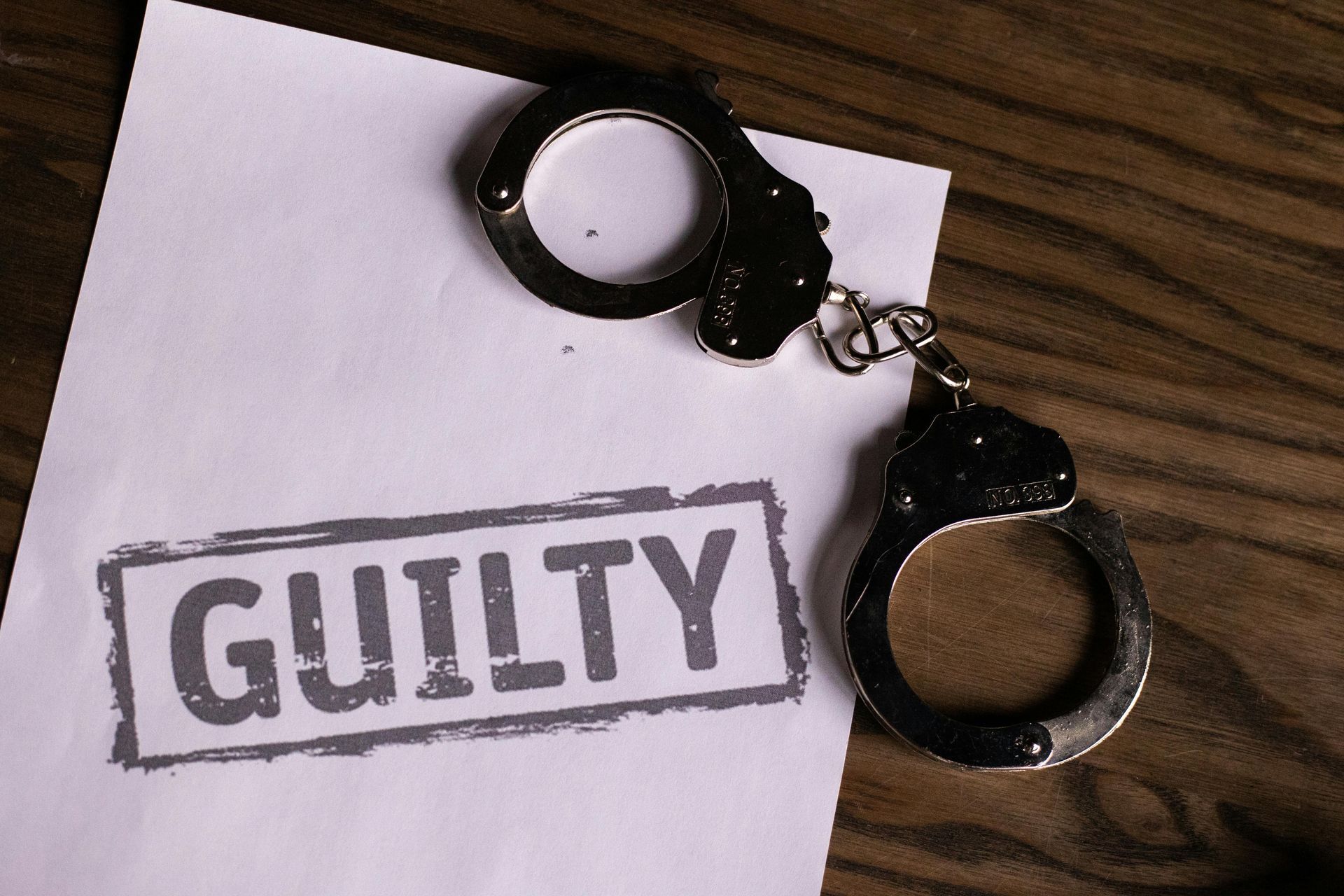The Nicholson Nugget, February 2020
The Nicholson Nugget February 2020, issue 5
This is The Nicholson Nugget: the official newsletter of the Law Office of Mark Nicholson. You can subscribe by clicking here.
In This Issue
This month we have an article concerning the Right to Remain Silent written by one of my former law students.
February is Black History Month. And the Nicholson Nuggett hopes you were able to learn something this month about Black History you didn’t know. Now next month, learn something new about another culture. Make your life a life long process of learning new things.
Earlier this month my laptop computer started having issues. It was a Window based computer. So, I bought a new computer, an HP. Well, that lasted all about seven days then there was an issue with a port. I took it back to Best Buy and they confirmed what I already knew. I had to return it. They didn’t have any replacements in stock and, of course, I needed a laptop to do my important work for my clients.
I researched and researched what laptop would fit my needs. I decided on an Apple Macbook Pro 16 inch. Now I have an iPad and a Macbook. Some of my friends and colleagues are telling me that next up will be an iPhone. I’m not convinced yet but I will say that if this Macbook can last for 4-5 years that will save me from buying a new laptop every year or two.
The celebration of Black History Month began as Negro History Week , created in 1926 by Carter G. Woodson (pictured above), a noted African American historian scholar, educator, and publisher. It became a month-long celebration in 1976. They chose the month of February to coincide with the birthdays of Frederick Douglass and Abraham Lincoln.
Nugget of the Month
First Lawyer: John Mercer Langston was the first black man to become a lawyer when he passed the bar in Ohio in 1854. They elected Langston to the post of Town Clerk for Brownheim, Ohio, in 1855. He became one of the first African Americans ever elected to public office in America. John Mercer Langston was also the great-uncle of Langston Hughes, a famed poet of the Harlem Renaissance.

The Nicholson Nugget
Stop Talking and Ask for a Lawyer: Remain Silent
“You have the right to remain silent. Anything you say can and will be used against you in a court of law. You have the right to an attorney. If you cannot afford an attorney, one will be provided for you.”
Many of us have heard these rights on television shows or in movies; however, a large percentage of people do not understand these rights or utilize them prior to being questioned by the police. An individual’s right to remain silent is deeply rooted in the United States Constitution under the Fifth Amendment while the right to counsel is deeply rooted under the Sixth Amendment. The abovementioned warnings were established in Miranda v. Arizona in 1966 and focused on the protections against self-incrimination but also spoke to the right to have counsel present.
Right to Counsel
An individual’s right to counsel during police questioning only applies to custodial interrogations. Basically, this means that the individual must be in the custody of the police, unable to leave, and the police are questioning him or her. However, the right does not apply to a simple stop such as traffic infractions or when approached by police on the street and asked to identify oneself. It is well known that people become afraid when interrogated, do not think clearly, and fail to request a lawyer, which results in their statements to police being used against them in court. Therefore, always remember, if the police have you in custody and you are not free to leave, you have the right to an attorney. If you fail to ask for a lawyer at the outset, you can, at any time, invoke the right to an attorney.
Once an individual invokes their right to an attorney, the questioning must cease until he or she speaks with a lawyer. However, in the timeframe while waiting for an attorney, it is possible for you to waive your right by asking questions or continuing the conversation regarding the interrogation; therefore, it is important to not speak to anyone until you speak with your lawyer. Remember, the police officer is there to investigate a crime and turn the information over to the prosecutor to prosecute the crime. The police officer is not your friend and is not looking out for your best interest. Thus, no matter how remote, if there is any possibility that you may be the target of an investigation by the police, stop talking and ask for a lawyer.
Author: Shyann Boyer, Law Student
The post The Nicholson Nugget, February 2020 appeared first on Law Office of Mark Nicholson.






















